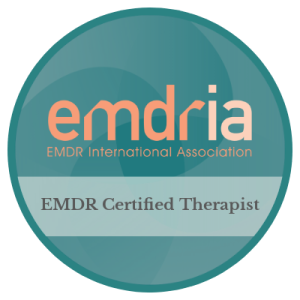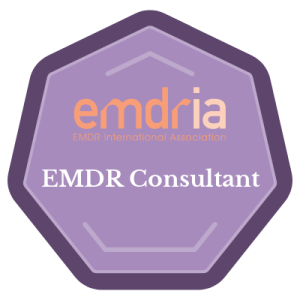Introduction
The constant demands of work, relationships, and personal expectations can easily lead to feelings of unease, worry, and fear. However, the good news is that anxiety is treatable, and there are a variety of effective strategies that can help individuals find relief and reclaim their peace of mind. In this blog, we’ll explore some holistic approaches to treating anxiety that encompass both self-care techniques and professional guidance.
Understanding Anxiety
Before delving into treatment methods, it’s important to understand what anxiety is and how it affects us. Anxiety is a natural response to stress, but when it becomes excessive and starts interfering with daily life, it transforms into an anxiety disorder. Common symptoms include constant worry, restlessness, muscle tension, and even physical symptoms like a racing heart or digestive issues.
Holistic Self-Care Approaches
1. Mindfulness and Meditation: Practicing mindfulness and meditation can help calm the mind and promote a sense of presence. By focusing on the present moment and observing thoughts without judgment, individuals can reduce the power of anxious thoughts.
2. Deep Breathing: Deep breathing exercises activate the body’s relaxation response, reducing the heart rate and promoting a sense of calm. Techniques like diaphragmatic breathing or the 4-7-8 technique can be very effective.
3. Regular Exercise: Physical activity is a natural stress reliever, as it releases endorphins that boost mood. Engaging in regular exercise can help reduce anxiety levels over time.
4. Balanced Diet: Nutrient-rich foods and a balanced diet play a significant role in managing anxiety. Foods rich in omega-3 fatty acids, whole grains, lean proteins, and fresh fruits and vegetables can have a positive impact on mental health.
5. Adequate Sleep: Sleep and anxiety are closely linked. Establishing a consistent sleep routine and creating a comfortable sleep environment can improve sleep quality, which in turn can alleviate anxiety.
6. Creative Outlets: Engaging in creative activities like painting, writing, or playing a musical instrument provides an outlet for emotions and a way to redirect anxious energy into something positive.
Professional Support
1. Therapy: Psychotherapy is a well-established treatment for anxiety. Therapists help individuals identify and challenge negative thought patterns and develop coping strategies. There are many different approaches to therapy, and your provider can help find one that works for you.
2. Medication: In some cases, medication may be prescribed by a qualified psychiatrist to help manage anxiety symptoms. These medications can include antidepressants and anti-anxiety drugs.
3. Support Groups: Connecting with others who are experiencing similar challenges can provide a sense of belonging and understanding. Support groups offer a safe space to share experiences and learn from one another.
Combining Approaches
Remember that everyone is unique, and what works for one person may not work for another. Combining multiple approaches, both self-care techniques and professional support, can often yield the best results. It’s important to be patient with yourself and acknowledge that treating anxiety is a journey, not an instant fix.
Conclusion
Anxiety doesn’t have to dictate the quality of your life. By adopting a holistic approach that combines self-care techniques with professional guidance, you can effectively manage and even overcome anxiety. Remember that seeking help is a sign of strength, and there is a wealth of resources available to support you on your journey to finding inner peace and tranquility.
With time, dedication, and the right strategies, you can break free from the grip of anxiety and experience a more joyful and fulfilling life.



